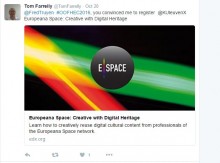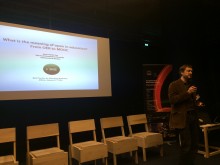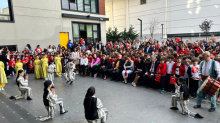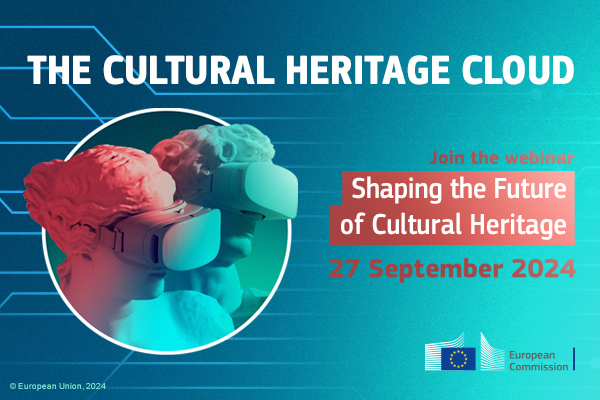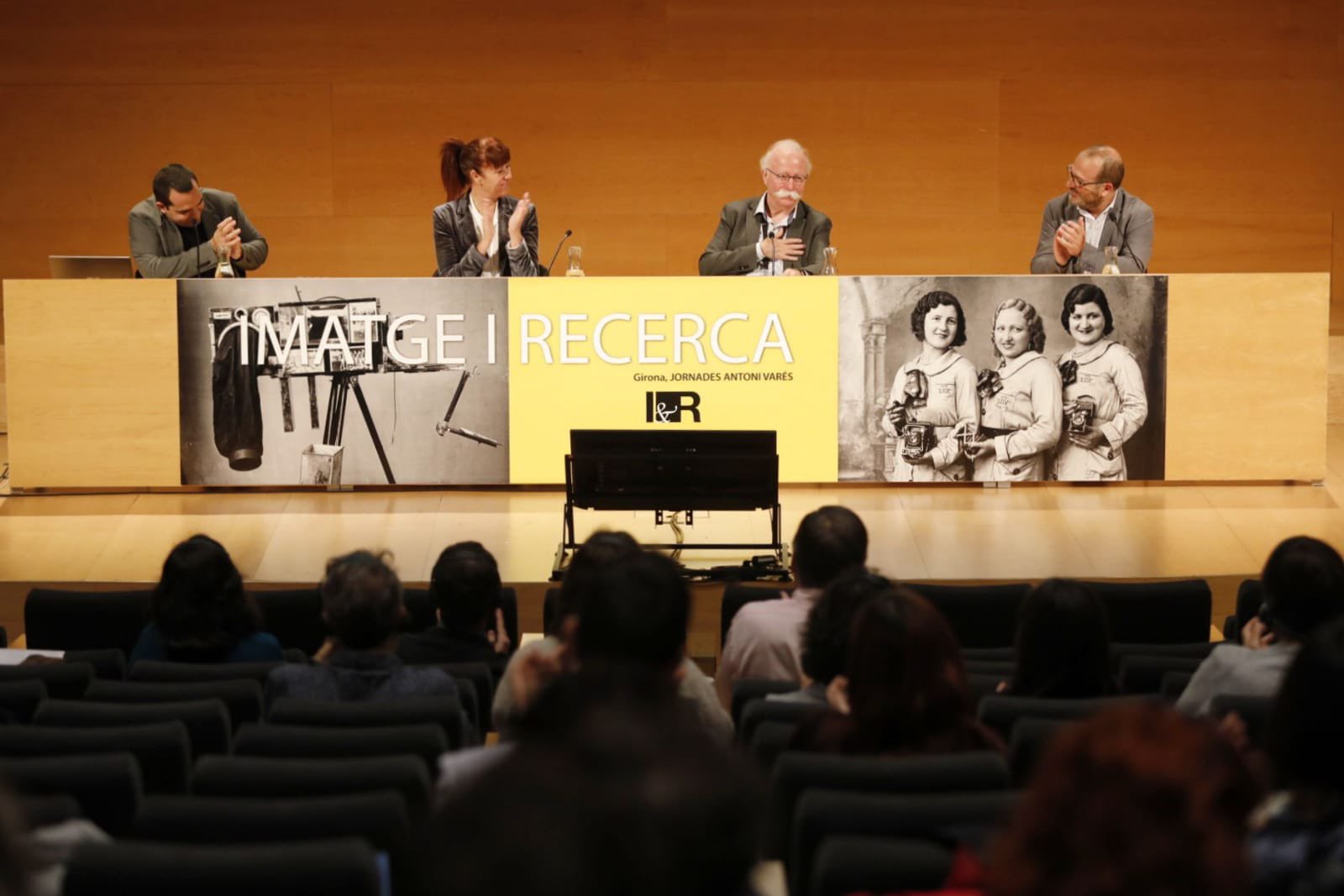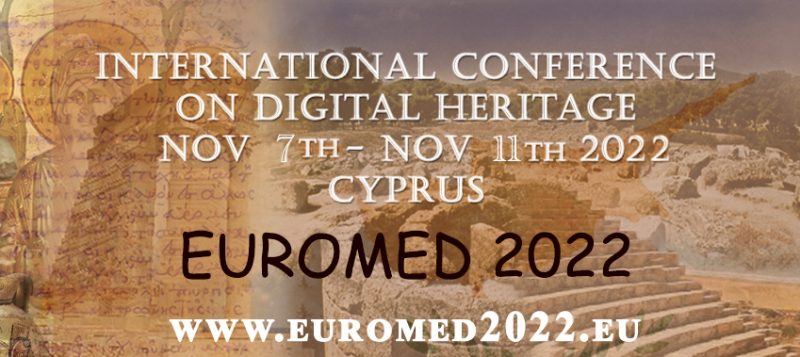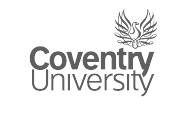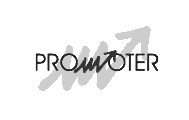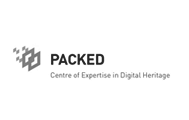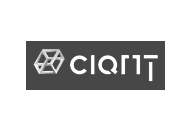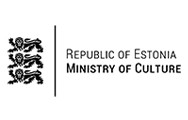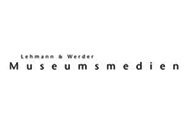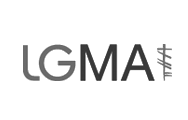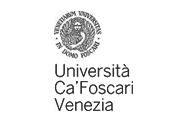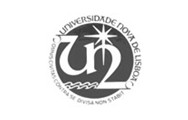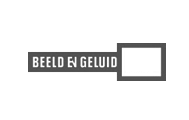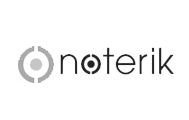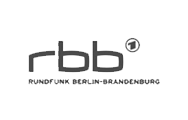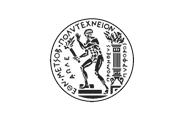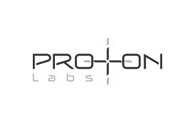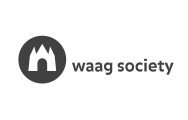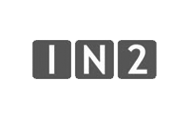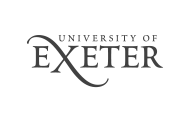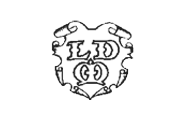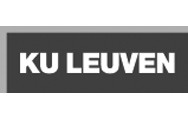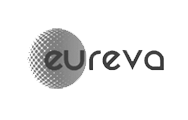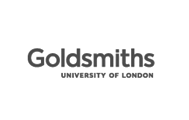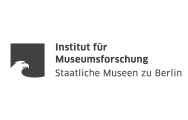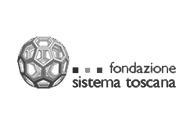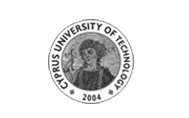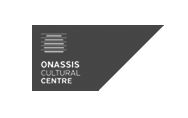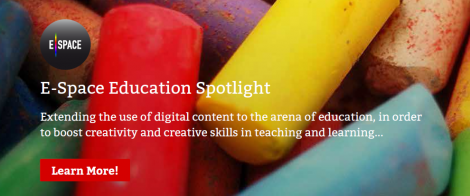
This workshop is the first celebration of the work Europeana Space project is doing in the domain of Education. During this workshop, current best practices for environments/applications to facilitate re-use of digital cultural heritage content in an educational context were examined. ‘Education’ here refers not only to the general school system but also to educational services in museums or lifelong-learning programmes.
This workshop presented the E-Space Educational Demonstrators, and also served to gain more feedback and see how further implementation of the developed tools in an educational context could best fit. The Europeana Space MOOC (Massive Open Online Course) was also be presented. A Demo room was available and open to allow workshop participants to explore the Demonstrator prototypes.
photos courtesy of Katerina Komninou and Fred Truyen
The presentation and discussions of demonstrators using digital cultural content innovatively should have a dual impact:
– students, teachers and other education professionals will acquire creative and technical skills through learning how to work with the tools/applications that are offered
– they will also become more aware of the vast and diverse repository of digital cultural heritage content available on line as a basis for teaching and learning materials that they can assemble or develop.
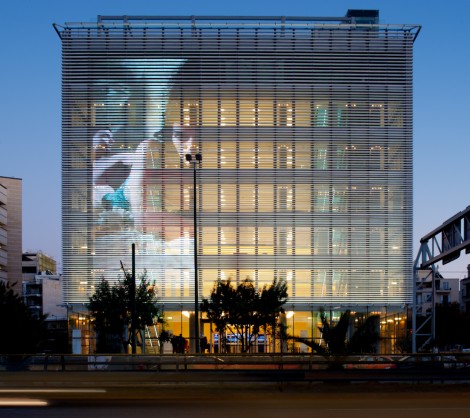
Onasis Cultural Centre in Athens, Greece
Programme is available HERE
This event was also part of the Hack the Book festival, the hackathon event of Open & Hybrid Publishing pilot, exploring the book as an evolving, visual and open medium: designers, artists, publishers, programmers, authors, poets, hackers and entrepreneurs are invited to a marathon on creative programming, design and entrepreneurial innovation which will redefine the book.
cover image: Rok Lipnik CC-BY 2.0





















